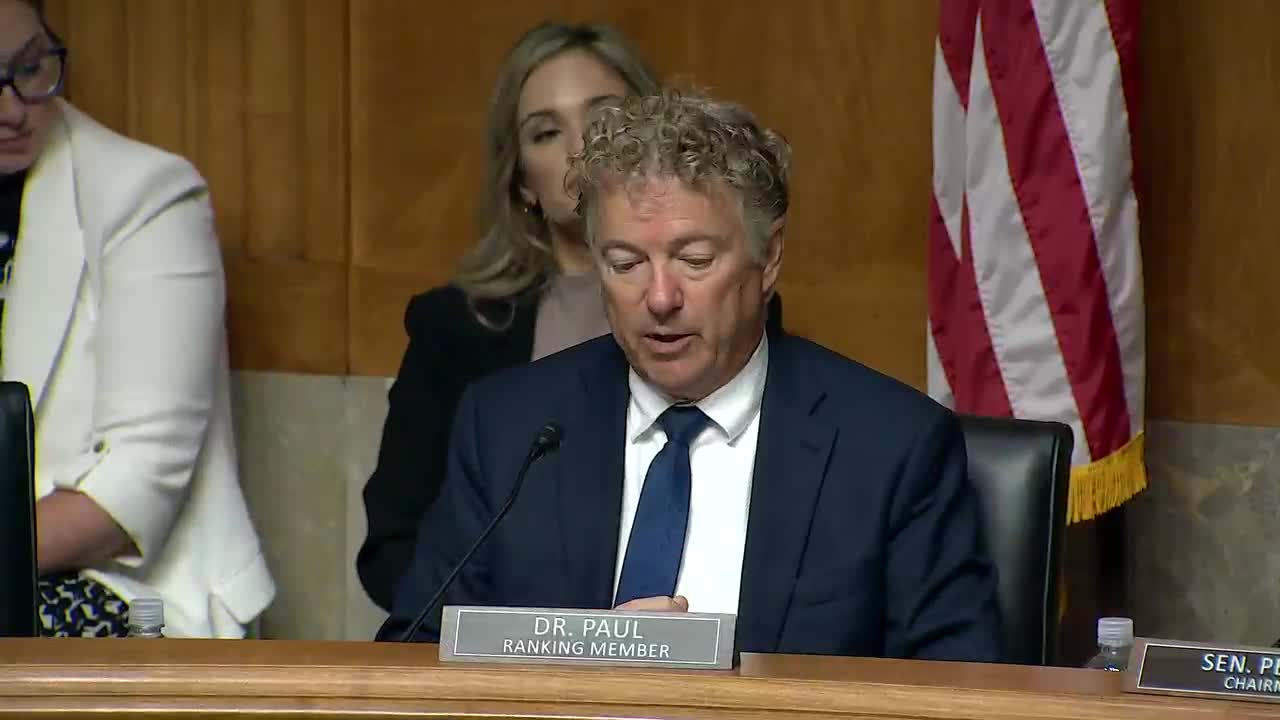Experts debate ethics of gain of function research
July 11, 2024 | Homeland Security and Governmental Affairs: Senate Committee, Standing Committees - House & Senate, Congressional Hearings Compilation

This article was created by AI summarizing key points discussed. AI makes mistakes, so for full details and context, please refer to the video of the full meeting. Please report any errors so we can fix them. Report an error »

In a recent government meeting, discussions centered around the establishment of an independent commission aimed at addressing concerns over potential conflicts of interest in the funding and oversight of scientific research, particularly in the context of gain-of-function studies. Participants highlighted the need for transparency and objectivity, noting that accusations of bias have arisen due to the substantial financial awards associated with certain research outcomes.
The proposed commission would consist of individuals who are no longer receiving benefits from organizations like the National Institute for Health (NIH), thereby reducing the risk of conflicts. Additionally, members with expertise in both national security and scientific research would be included to provide a comprehensive perspective on the implications of such studies.
Dr. Redfield, a key figure in the discussion, emphasized the historical context of the debate surrounding gain-of-function research, which has been ongoing for decades, predating the COVID-19 pandemic. He acknowledged the tension between the pursuit of knowledge and the associated risks, noting that while some argue the benefits justify the risks, others contend that gain-of-function research has not yielded significant advancements in vaccine development.
The meeting underscored the importance of having oversight mechanisms that operate independently of traditional funding processes to ensure trustworthy governance in scientific research. As the conversation continues, the implications of these discussions could shape future policies regarding research funding and public health preparedness.
The proposed commission would consist of individuals who are no longer receiving benefits from organizations like the National Institute for Health (NIH), thereby reducing the risk of conflicts. Additionally, members with expertise in both national security and scientific research would be included to provide a comprehensive perspective on the implications of such studies.
Dr. Redfield, a key figure in the discussion, emphasized the historical context of the debate surrounding gain-of-function research, which has been ongoing for decades, predating the COVID-19 pandemic. He acknowledged the tension between the pursuit of knowledge and the associated risks, noting that while some argue the benefits justify the risks, others contend that gain-of-function research has not yielded significant advancements in vaccine development.
The meeting underscored the importance of having oversight mechanisms that operate independently of traditional funding processes to ensure trustworthy governance in scientific research. As the conversation continues, the implications of these discussions could shape future policies regarding research funding and public health preparedness.
View full meeting
This article is based on a recent meeting—watch the full video and explore the complete transcript for deeper insights into the discussion.
View full meeting